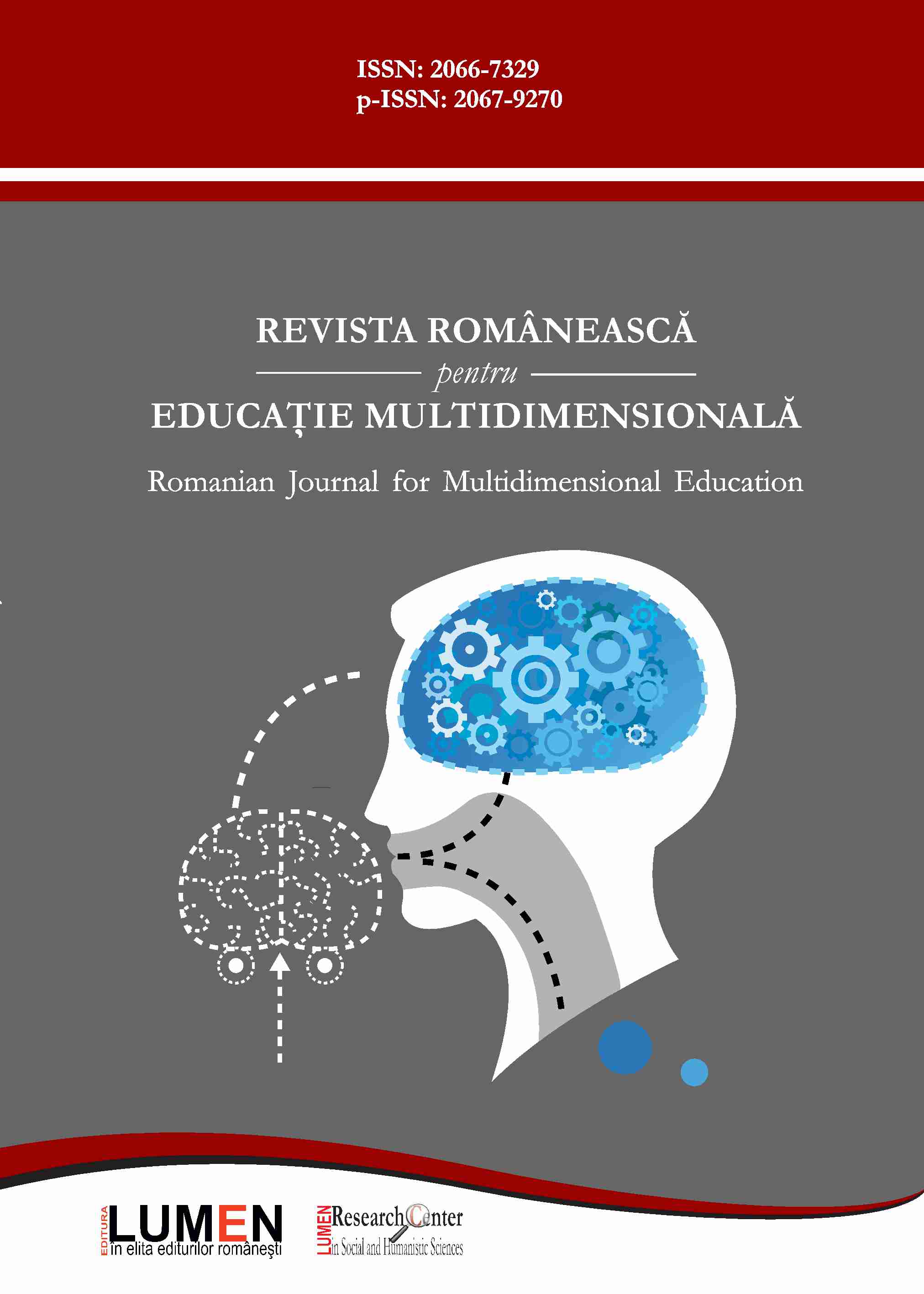Developing ECEC in Romania: between Perceptions and Social Realities
Developing ECEC in Romania: between Perceptions and Social Realities
Author(s): Aniela MateiSubject(s): Social Sciences
Published by: Editura Lumen, Asociatia Lumen
Keywords: Early Childhood Education and Care (ECEC); Children; Family; Work Life Balance; Social policies.
Summary/Abstract: One of the key policies that aims to enable parents to achieve a better work–life balance is to increase childcare support. But for many families childcare is no longer a simplistic choice between care provided by a family member (usually the mother) and non-family care (Janta, 2014). There are research studies showing that the majority of mothers prefer to care for their young children themselves - almost invariably up to the age of three, very often up to school age, and in some cases all the way up to school-leaving age (Hakim, 2009). In line with the EU strategies for 2020 and the need for an integrated approach to Early Childhood Education and Care (ECEC) the article provides a diagnosis of the situation in Romania on the development of ECEC. In addition to a literature review of the Romanian situation in the EU context, the first part of the article analysed the main drivers for ECEC development in Romania. The second part of the article shows the results of quantitative and qualitative research studies developed by the author on the topic of the article as a researcher at the INCSMPS (National Scientific Research Institute for Labour and Social Protection). Results show that ECEC arrangements are related to age of the child, parents’ preferences, and labour market opportunities. Childcare provision cannot be developed in isolation and should be explored in the context of other systems that interact with the care of children and the family unit.
Journal: Revista Românească pentru Educaţie Multidimensională
- Issue Year: VI/2014
- Issue No: 2
- Page Range: 111-118
- Page Count: 8
- Language: English

